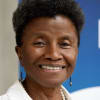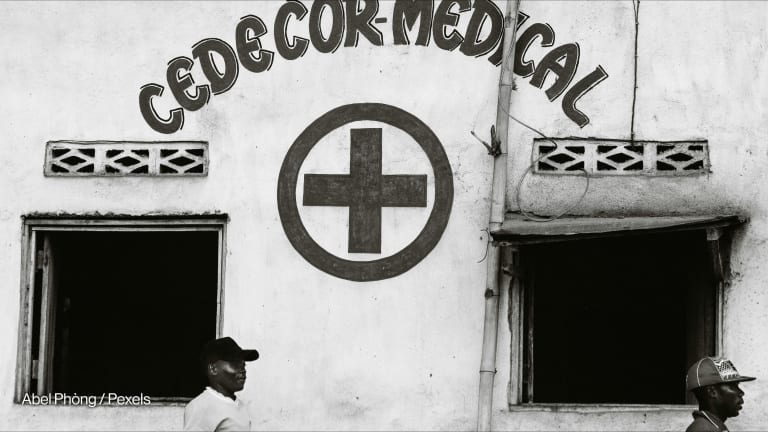
Prior to the COVID-19 pandemic, the world had achieved remarkable progress in improving health outcomes for women, children, and adolescents. Reducing under-5 and maternal mortality, improving sexual and reproductive health service coverage, and increasing access to essential health interventions were some of the foundational elements of this encouraging trend.
Despite these triumphs, global progress toward 2030 targets to save the lives of millions of women, children, and adolescents was still lagging by around 20% even before the pandemic. COVID-19 has made a bad situation far worse, leaving many countries struggling to catch up or maintain progress towards global health targets.
Strategies, action plans, and goals are important, but without accountability at the core, real change cannot occur.
—Healthy women, children, and adolescents are at the heart of prosperous societies. Yet in just a matter of months, COVID-19 has crippled economies and health systems globally, leaving the health of women, children, and adolescents even more at risk than before. By further deepening existing inequities in social determinants and access to health services across the world, the pandemic has reminded us that the need for health as a fundamental human right can be neither compromised nor ignored.
With the 2030 target to deliver on goals that strive for good health and well-being for all fast approaching, the United Nations’ Every Woman Every Child global strategy for women’s, children’s, and adolescents’ health provides a unifying roadmap to achieve just that. As 2020 marks 10 years of the EWEC movement, and the halfway point to the 2030 targets, we should take stock of how far we have come — and how far we still have to go — in order to protect and improve the health of women, children, and adolescents across the world.
With less than a decade to go, we find ourselves in a position where we must collectively fight harder than ever before to ensure that the right to health for those furthest left behind is not lost or compromised. With no end in sight for the global pandemic and no time to waste, we must act now in order to drive real change.
Strengthening accountability at all levels is essential in order to achieve just that. This means putting in place mechanisms that allow for regular monitoring and independent review of progress on health-related objectives and driving action to tackle shortcomings. This requires inclusivity, transparency, and investment to ensure that accountability is institutionalized in systems, oversight structures, and regulatory processes. Without these elements, our existing gap of 20% will only increase, leaving women, children, adolescents, and their communities to face the consequences.
Accountability is not just an option or a one-time action, it requires sustained commitment. Driving health goals can only be done by cultivating a strong culture of continuous accountability, allowing us to permanently embed and protect the health and well-being of all.
We need urgency as well as precision and contextualization in our approach to accountability. Respect for human rights and dignity are also central in order to effectively address deep-seated structural inequities that curtail the achievement of health for all. Strategies, action plans, and goals are important, but without accountability at the core, real change cannot occur.
First, governments should invest in strong data systems. This includes proper registrations of all births and deaths as well as close monitoring of the quality and equity of health service coverage. Stronger coordination and higher quality data will support decision-making and investments to improve the health of women, children, and adolescents.
Second, accountability must be institutionalized, with formal structures around monitoring, review, and recommendation processes as well as remedy and action plans. This will increase countries’ capacity to apply lessons learned rapidly and rectify violations in order to drive more effective, efficient, and equitable systems and services.
Women and children lose 20% of health, social services to COVID-19
Overall service loss in individual countries for women, children, and adolescents varies from 10% to 60%, according to the Independent Accountability Panel on Every Woman, Every Child, Every Adolescent.
Lastly, accountability must be democratized to ensure that the voices and needs of people and communities are heard, prioritized, and acted upon. Without this, and with the clock ticking to reach our global goals, we are likely to fall short of our Sustainable Development Goal aspirations.
The next 10 years will be crucial for us to invest in stronger accountability frameworks to drive a generation of change for the health of women, children, and adolescents. The pandemic has already left a devastating impact, but we cannot allow it to override our commitments to those furthest left behind.
If there was a time the world needed to rally behind women, children, and adolescents, it is now.
We call for urgent action to deliver on global commitments with a strengthened, human rights-based approach. We must hold ourselves, and each other, accountable in order to give women, children, and adolescents an equal chance to survive, thrive, and transform without exemption. We owe it to them to stay on the course that we committed to for the next decade, and beyond.










